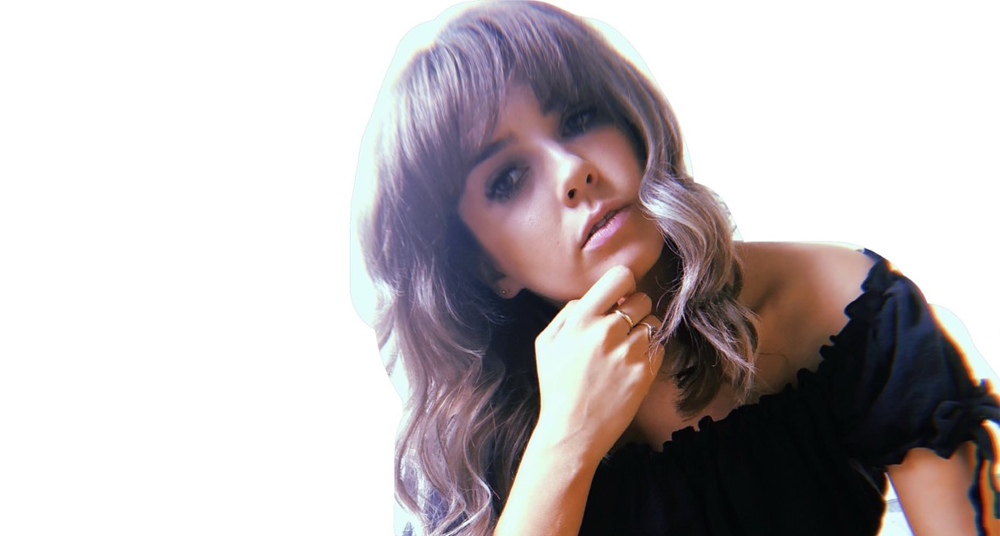Andy Gray is a songwriter, composer, music producer and sound artist. He has written or co-written scores for projects including the Hugh Jackman film Swordfish, and has remixed work for The Bourne Identity, Zoolander, The Matrix and more. In 1999, Andy created the theme tune for the original UK run of Big Brother, and his dance track was used as the show’s intro until its finale in 2018.
Here, Andy digs into his decades of experience to share his insights on writing to picture.
Keep things simple
I find the best ideas are simple ones. If you’re writing music for picture, listen and take good notes at the spotting session.
Don’t try to be ‘them’
Try and find your own sound. It’s easy to think that if you can sound like ‘them’ you may follow their success is some way, but honestly to standout the most, you need to be an original. It will always get you further.
Build up from the foundations
I’ve always found it easier to come up with soundscapes, ideas and tones, and then write around them. Sometimes I have a melody, but I usually spend some time working out which instrument sound or tone is going to play the melody before I build the rest of the song around it.
Think differently
I’ve always loved chords and often tried to avoid standard chord progressions. Even clashing notes – especially in orchestral style music – can work well played at the right level or velocity. It can be quite inspiring – this atonal dark style of chord progressions.
Consider the beat
If the music is going to be beat lead in any way, I would usually spend a long time playing around with drum sounds and percussion instruments. I love the kind of question/answer style of tones, creating almost hypnotic atmospheres regardless of music genre. I think this stems from the days of the early Detroit house music I was into.
Don’t be afraid to collaborate
When working with vocalists it can be really handy to have them in the room. A collaborator interrupting part way through what you’re doing and saying ‘I have an idea’ can really turn things in a different direction. Often it’s the case that you want some basic structure for the singer-songwriter you’re working with to follow – I find most of my work starts with something I do and other people work around it, but it’s really good when it works both ways and the lines cross.
Give yourself time to play around
I can sit for hours playing with sounds and ideas before even considering writing a piece of music. In fact, sometimes the actual process of writing a melody can be pretty straightforward. Time spent preparing, whether it be you creating sounds or thinking about what it is you want to do, is often a bigger process than the actual playing.
You don’t have to be the best instrumental player
I’m not great on any particular instrument, but I found over the years the lack of knowledge can often lead to very original ideas. I’m not saying that you shouldn’t learn your craft inside out, every scale and chord progression, but sometimes the best musicians – first violinists of orchestras et cetera - just don’t have it in them to write music, which I’ve always found quite interesting and slightly odd. So don’t worry about your playing ability – just get the thing down. There’s always someone else that can play it if you need it, or it can be fixed in a computer.
One finished piece is more useful than dozens of half-finished pieces
If you’re starting out in music and starting out in writing, I would say do not end up with 101 songs that you say are ‘almost finished’. Try to get them to the point where you’re happy to at least listen back to them six weeks down the line, when you can have a fresh approach to what you’ve done. Cluttering up folders and files with half-finished pieces actually can be a real distraction to your creative flow.
Work on what you love
If you enjoy it can you stand a good chance of success. Most of the time when I’m creating the music I’m really in the moment – I’m really loving what I do. It’s very rare that I would work on a piece of music that I don’t actually like. It has happened, but it isn’t often. If you really get into it and really get something you’re excited about, then you stand a very good chance that others will enjoy it too.
Read M Magazine's recent interview with Andy Gray about the process of writing the Big Brother theme tune.





